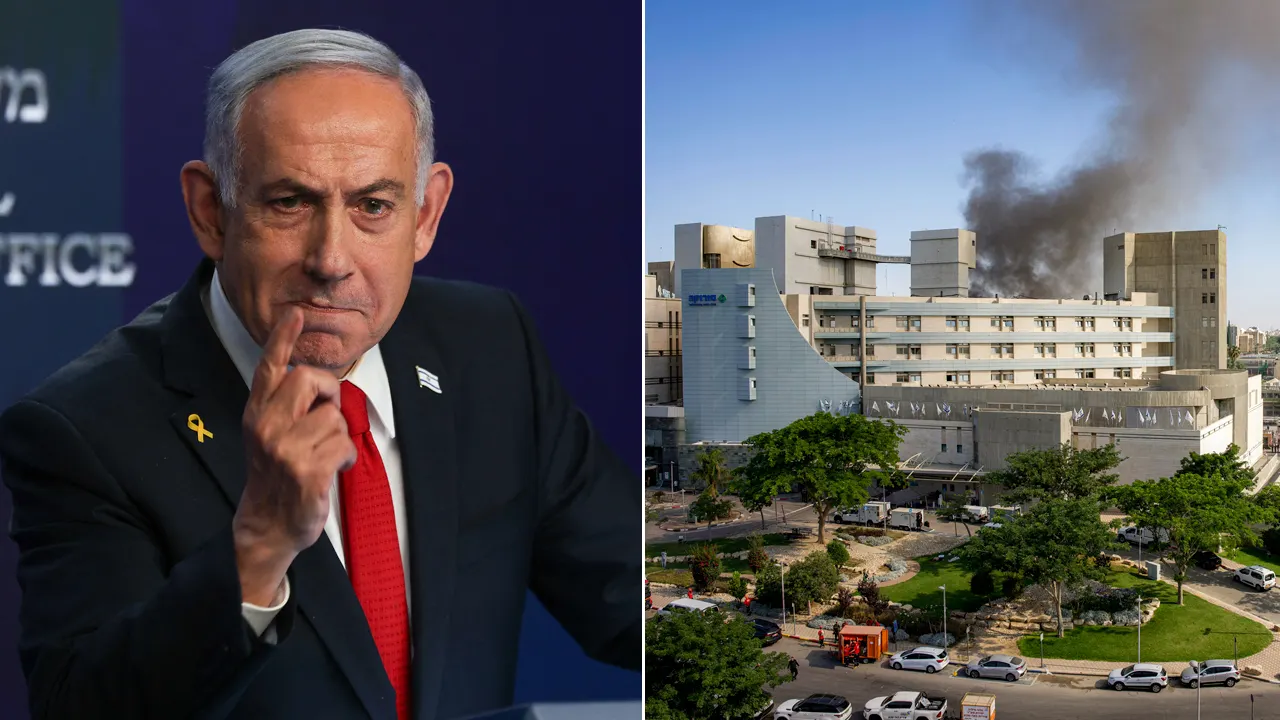The signing of the Peace Agreement between the Government of the Democratic Republic of Congo and Rwanda in Washington caused mixed reactions, with former President Congolese, Joseph Kabil, describing it as “nothing more than a trade agreement.”
The deal was signed on Friday He demanded “giving, disarming and conditional integration” armed groups that are fighting in Eastern Dr. Kong – but offered several other details.
While some, including cabels, were critical, others welcomed the agreement as a turning point in the disastrous conflict that was dragged for decades.
Rwanda denied allegations to support the armed group, known as M23, which is fighting in Eastern Dr. Kong.
The conflict has escalated earlier this year when the M23 rebel took control of the large parts of Eastern Dr. Congo, including the Regional Capital, Goma, the city of Bukava and two airports.
Thousands of people were killed and hundreds of thousands of civilians forced from their homes after a recent rebel offensive.
After loss of the territory, the Government of Dr. Congo has aligned in the United States for assistance, allegedly offering access to critical minerals in exchange for security guarantees. Eastern Dr. Congo is rich in Coldan and other resources of vital importance for the global electronic industry.
In the post in KS, after signing the agreement on Friday, Kabila enrolled in the contract participants, saying the countries in the war, which included President Donald Trump and other American officials, as well as other US ministers and foreign affairs.
It is not entirely clear that his comments were indirect criticism of the lack of representatives of M23 in Washington.
“We need to stop distorting the facts that we cover up the propaganda agenda,” Kabila said, adding “Congolese people deserve the truth, not a diplomatic show.”
The absence of representatives of the M23 was observed in the city of Gome-A rebels in Eastern Dr. Kong.
“How can they say to sign peace, and yet they didn’t include M23?” The resident was examined, adding rebels that should be involved in talks for “collective peace” to be found.
Another resident, commercial motorcycle driver said BBC “people are tired, not interested in conversations,” insisting “everything they want is peace”.
He assumed previous peace negotiations and agreements were not approved or implemented by the conflicting parties, leaving a little hope for returning to some normal.
Similarly, Zarify, Executive Director at Human Rights Doctors (PHR), an international non-governmental organization that worked in DRC more than a decade, said the contract with Washington’s mediation was full of “main omissions”.
“There can be no durable peace without meaningful justice. But the agreement … medium human rights and did not survive,” said Mr. Zarify.
He added: “The agreement is looking in the way hostilities can be continued through the proxy armed groups that our research has been responsible for serious injuries.”
Stephanie Marung, the Head of the Humanitarian Organization in Gomi, was positive.
“Signing the contract … is a significant and hoping development of the eastern region,” the BBC said to “lead to increased stability and will facilitate us and access them. However, it acknowledges that there can be challenges in implementing the job.
“If the agreement is what will bring peace, we have no problem,” another resident Gome said.
It remains to be seen what the situation on Earth will appear forward, with concern, in connection with Washington can simply enrich several people with mineral resources in the country to the detriment of ordinary people.





